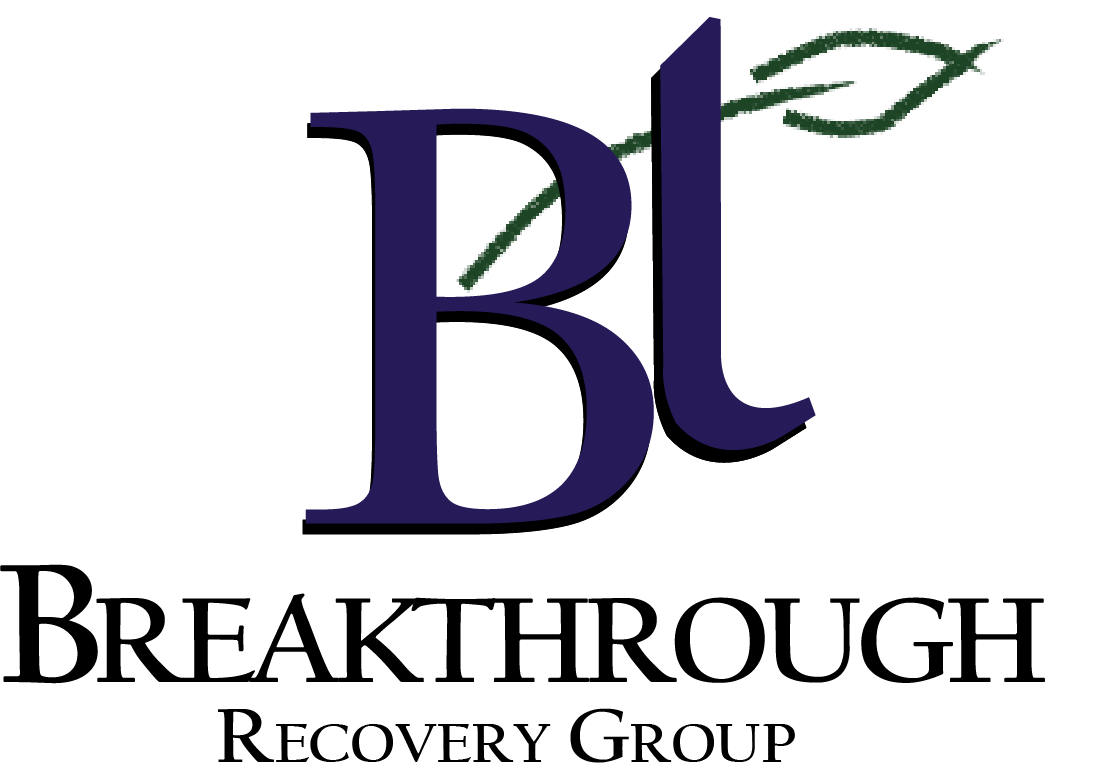
Overview of Alcohol Treatment Centers in Spokane, WA
Amidst the serene landscapes of Spokane, Washington, alcohol treatment centers stand as beacons of hope for many individuals seeking recovery. These centers offer diverse programs designed to cater to the unique needs of each patient. Emphasizing personalized care, these facilities integrate various therapeutic approaches to ensure comprehensive treatment.
Spokane’s treatment centers strive to create environments where individuals feel safe and understood. The city’s supportive community fosters healing by promoting awareness and encouraging open conversations about addiction. In these nurturing settings, patients are empowered to embark on their journey toward sobriety with renewed vigor and determination.
Personalized Care at BTRG Spokane
BTRG Spokane takes pride in offering personalized care by designing treatment plans tailored to individual needs. Understanding that each person’s journey is unique, the center emphasizes the importance of customization in therapy. This approach ensures that clients receive the most effective interventions suited to their specific situations.
At BTRG Spokane, the therapeutic process is collaborative, involving clients in every step of their recovery. By actively participating in their treatment plans, clients feel more engaged and motivated. This collaborative approach enhances client empowerment, fostering a stronger commitment to personal growth and recovery.
Evidence-Based Therapies
Alcohol treatment centers in Spokane, WA, including BTRG Spokane, focus on evidence-based therapies to ensure the highest standard of care. This includes cognitive-behavioral therapy (CBT), which helps clients identify and alter negative thought patterns. By addressing underlying issues, CBT aids in developing healthier coping mechanisms.
Motivational interviewing is another cornerstone of treatment at these centers. It encourages clients to explore their motivations for change, facilitating internal motivation rather than external pressure. This technique is particularly effective in creating lasting behavioral changes and sustaining recovery over time.
Support System for Families and Couples
Recognizing the importance of a strong support system, BTRG Spokane extends its services to families and couples. By involving loved ones in the recovery process, the center fosters an environment of accountability and understanding. Family therapy sessions aim to rebuild trust and improve communication, strengthening relational bonds.
Couples counseling provided by the center helps partners navigate the complexities of addiction together. These sessions focus on restoring healthy dynamics, addressing co-dependency, and setting boundaries. Through these interventions, families and couples learn to support each other positively throughout the recovery journey.
In addition to therapy, educational workshops are offered to help family members understand addiction’s impact. Education empowers them to become effective allies in their loved one’s recovery, promoting a more cohesive healing environment.
Inclusive and Accessible Approach
BTRG Spokane takes proactive steps to ensure its services are inclusive and accessible to all individuals. By welcoming clients from diverse backgrounds, the center embraces a holistic view of recovery that respects cultural differences. This inclusivity enhances the efficacy of treatment by acknowledging and valuing each client’s unique lived experiences.
To further support accessibility, BTRG Spokane offers flexible scheduling options and remote services. This adaptability ensures that clients can engage with treatment programs, regardless of their circumstances. The commitment to breaking down barriers paves the way for more individuals to seek and receive the help they need.
Professional Development and Best Practices
In maintaining a high standard of care, BTRG Spokane prioritizes continuous professional development for its staff. This commitment ensures therapists remain informed about the latest best practices and innovations in addiction treatment. By investing in ongoing education, the center supports its team’s ability to deliver cutting-edge care.
The collaborative atmosphere within the team fosters shared learning and the exchange of innovative ideas. This environment cultivates a culture of excellence, ensuring clients benefit from the collective expertise and dedication of the entire team. Regular training sessions and workshops keep the staff aligned with current industry standards.
Community Engagement and Support
The best alcohol treatment centers Spokane WA, such as BTRG Spokane, recognize the value of community engagement in fostering recovery. By building partnerships with local organizations, they enhance support networks available to clients. These collaborations create a stronger safety net, offering resources beyond the treatment center’s walls.
Community events and outreach initiatives raise awareness about addiction and recovery, encouraging community-wide support. Engagement in these activities helps reduce stigma, promoting an open dialogue around substance use disorder. This supportive community atmosphere is integral in sustaining long-term recovery for individuals.
Volunteering opportunities allow clients to give back, reinforcing their commitment to sobriety. By participating in community service, individuals gain a renewed sense of purpose and develop connections beyond the treatment setting, contributing positively to their recovery journey.
Innovative Therapeutic Approaches
To stay at the forefront of addiction treatment, BTRG Spokane incorporates innovative therapeutic approaches. Techniques such as mindfulness practices and art therapy are integrated into treatment plans to enrich the healing experience. These modalities offer clients new avenues for self-expression and self-discovery.
Mindfulness practices teach clients to be present in the moment, helping them manage cravings and reduce relapse risk. By cultivating a mindful lifestyle, individuals learn to better navigate stressors that may trigger substance use. Art therapy facilitates emotional exploration, allowing clients to articulate feelings that may be challenging to express verbally.
These creative therapies complement traditional methods, providing a balanced approach to treatment. By encouraging exploration and self-reflection, clients can unlock new perspectives, fostering deeper personal growth and resilience.
Navigating the Path to Recovery
The journey to recovery from alcohol addiction is deeply personal and requires tailored support to navigate successfully. Alcohol treatment centers in Spokane, WA, provide the foundational support needed to embark on this transformative journey. These centers emphasize the importance of recognizing each individual’s unique path and pace.
BTRG Spokane, with its client-centered approach, guides individuals through the complexities of recovery with compassion and expertise. From initial assessment to aftercare planning, the center ensures continuity of care, addressing the ever-evolving needs of clients. This comprehensive approach nurtures a sense of agency and empowerment as clients progress in their recovery.
Post-treatment support is crucial in maintaining sobriety, and BTRG Spokane offers various aftercare programs. These initiatives include ongoing therapy sessions, support groups, and life skills workshops to equip clients with the tools necessary for long-term success.
Transforming Lives in Spokane, WA
Alcohol treatment centers in Spokane, WA, such as BTRG Spokane, play a vital role in transforming lives. Their commitment to creating personalized, inclusive, and comprehensive care plans lays the groundwork for lasting change. By fostering a supportive and understanding environment, these centers enable individuals to reclaim their lives and achieve sustainable recovery.
Through innovative therapies and community involvement, BTRG Spokane exemplifies how a holistic approach can break the chains of addiction. As individuals emerge from treatment, they carry with them a renewed sense of hope and purpose, ready to embrace the opportunities that lie ahead. This transformation extends beyond the individual, positively impacting families and the broader Spokane community.

How much does it cost to treat an alcoholic?
The cost of alcohol treatment can vary significantly depending on the type of program and the level of care needed. For instance, outpatient programs at facilities like BTRG Spokane are generally more affordable than inpatient programs because they don’t include the costs of housing and around-the-clock care. On average, outpatient treatment can range from approximately $1,000 to $5,000 for a three-month program. In contrast, residential treatment can range from $6,000 to $20,000 for a 30-day program. It’s essential to check with your insurance provider, as many plans cover a portion of these costs under behavioral health services. Ultimately, the focus should be on finding a program that aligns with your specific needs and maximizes the potential for recovery.
How much does it cost to get sober?
Getting sober is a deeply personal journey and the financial investment can vary widely. Costs include therapy, any necessary medication, and possibly a residential program. At BTRG Spokane, we emphasize accessibility, suggesting options that range from free community support groups to more intensive outpatient and inpatient treatments. For those with financial constraints, there are also sliding-scale fees and payment plans available. Importantly, the value of sobriety isn’t measured solely in dollars but in the transformative life changes and improved well-being it brings. Investing in sobriety is investing in one’s future, health, and life satisfaction.
What are the benefits of a personalized approach in alcohol treatment?
Personalized care is at the heart of successful alcohol treatment. At BTRG Spokane, we tailor treatment plans to meet the unique needs of each client. This approach enhances engagement and efficacy as clients feel understood and supported. For example, imagine a teacher who needs to manage stress-related triggers or a parent navigating family responsibilities while pursuing sobriety. A personalized approach provides flexibility and targeted interventions that address such specific challenges. This empowerment fosters long-lasting recovery by building coping strategies relevant to your everyday life. Are you currently exploring personalized treatment options, and how do you think this might benefit your journey?
How important is family support in the recovery process?
Family support can be a pivotal element in the recovery journey. At BTRG Spokane, we integrate family therapy to help rebuild trust and enhance communication, creating a supportive environment for healing. Involving family members can foster an understanding of addiction and encourage accountability. Picture a family learning together anew about healthy boundaries and ways to support recovery efforts without enabling addictive behaviors. With the right support, individuals often experience stronger motivation to maintain sobriety. Have you considered involving your family in your recovery process? What role do you think they might play in supporting your journey?
Why are evidence-based therapies emphasized in alcohol treatment?
Evidence-based therapies provide a reliable framework for understanding and changing behavior. Techniques like cognitive-behavioral therapy (CBT) and motivational interviewing are proven methods used at BTRG Spokane. These therapies focus on identifying negative thought patterns and encouraging intrinsic motivation for change. For example, a client might discover through CBT how stress leads to drinking, allowing them to develop healthier coping mechanisms. Evidence-based approaches ensure that clients receive treatment grounded in proven effectiveness, leading to better outcomes. Are you interested in exploring how these therapies might apply to your situation? What specific goals would you like to achieve through therapy?
Resources
- Substance Abuse and Mental Health Services Administration (SAMHSA) – SAMHSA is a government agency that leads public health efforts to advance the behavioral health of the nation.
- National Institute on Alcohol Abuse and Alcoholism (NIAAA) – NIAAA is a research institute focused on alcohol-related issues, providing valuable resources for understanding and addressing alcohol use disorder.
- American Psychiatric Association (APA) – APA is a professional organization representing psychiatrists and offering comprehensive information on mental health and addiction treatment.
- Centers for Disease Control and Prevention (CDC) – The CDC provides data, statistics, and resources related to substance use and addiction, including alcohol misuse.
- National Institute on Drug Abuse (NIDA) – NIDA conducts research on drug abuse and addiction, offering evidence-based resources for effective treatment approaches.




